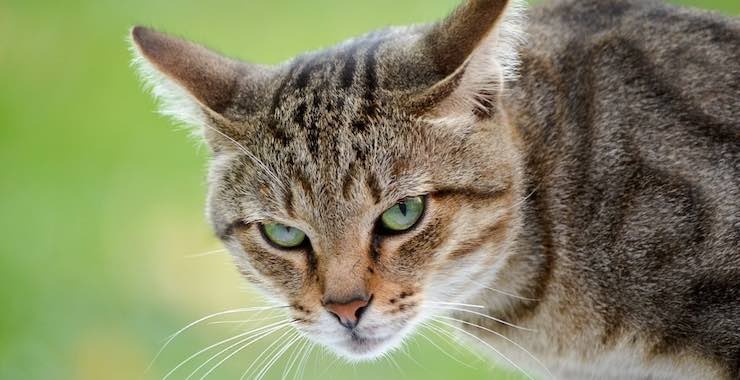
Manx Cat: The Tailless Feline Wonder
History of the Breed
The Manx cat is a unique and ancient breed believed to originate from the Isle of Man, a small island located in the Irish Sea. Renowned for its distinct lack of a tail or a short tail, the Manx has captured the fascination of cat enthusiasts for centuries. While the exact origins of the breed remain shrouded in mystery, folklore suggests that the Manx cat’s taillessness may have resulted from a crossing with rabbits, shipwrecked cats, or spontaneous genetic mutations.
Despite its enigmatic beginnings, the Manx cat’s charming personality and distinctive appearance have endeared it to cat lovers worldwide. Today, the Manx is celebrated for its playful nature, intelligence, and loyal companionship.
Physical Characteristics
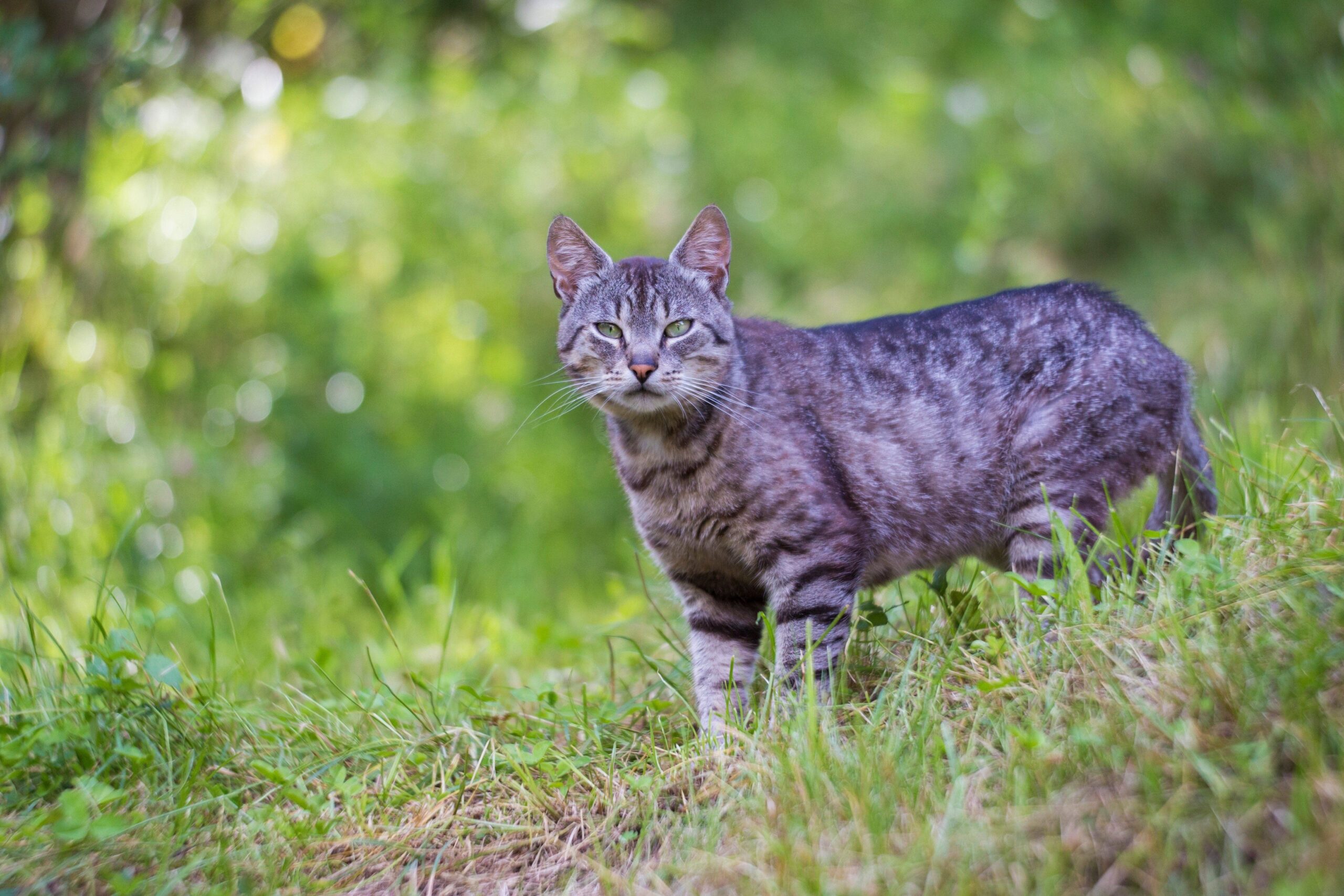
The Manx cat is characterized by its robust and muscular build, rounded head, and prominent cheeks. However, the most distinguishing feature of the breed is its taillessness or short tail, which may range from a tiny stub to a nearly normal-length tail.
Manx cats come in various coat lengths and patterns, including short-haired and long-haired varieties, and an array of colors, such as solid, tabby, tortoiseshell, and calico. Their coat is dense, plush, and weather-resistant, making them well-suited to colder climates.
Health and Basic Care
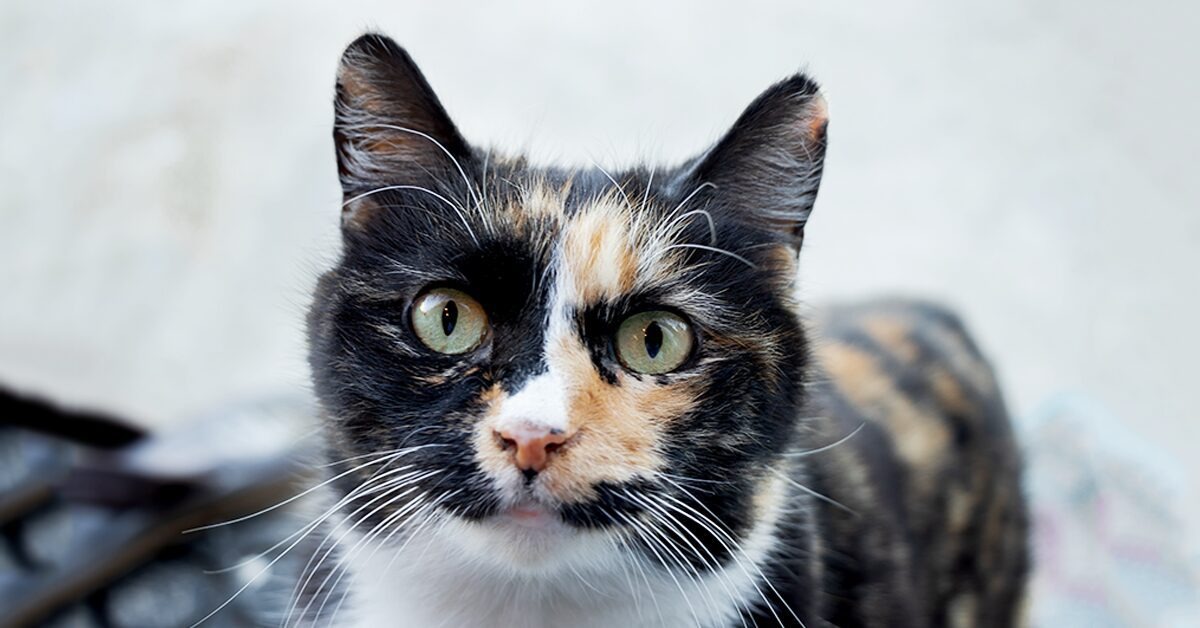
Overall, Manx cats are a healthy and hardy breed with a lifespan of around 12 to 14 years. However, like all cat breeds, they may be prone to certain health issues, including Manx syndrome, which can result from the breed’s unique spinal structure.
Manx syndrome may cause a range of neurological and skeletal abnormalities, including spina bifida, sacral deformities, and urinary tract problems. Responsible breeders carefully select for healthy breeding stock to minimize the risk of Manx syndrome.
Regular veterinary check-ups, a balanced diet, and plenty of exercise are essential for maintaining the health and well-being of Manx cats. Basic care for a Manx cat includes regular grooming to keep their coat healthy and free of mats, as well as providing opportunities for mental and physical stimulation through interactive toys and play sessions.
Temperament and Personality
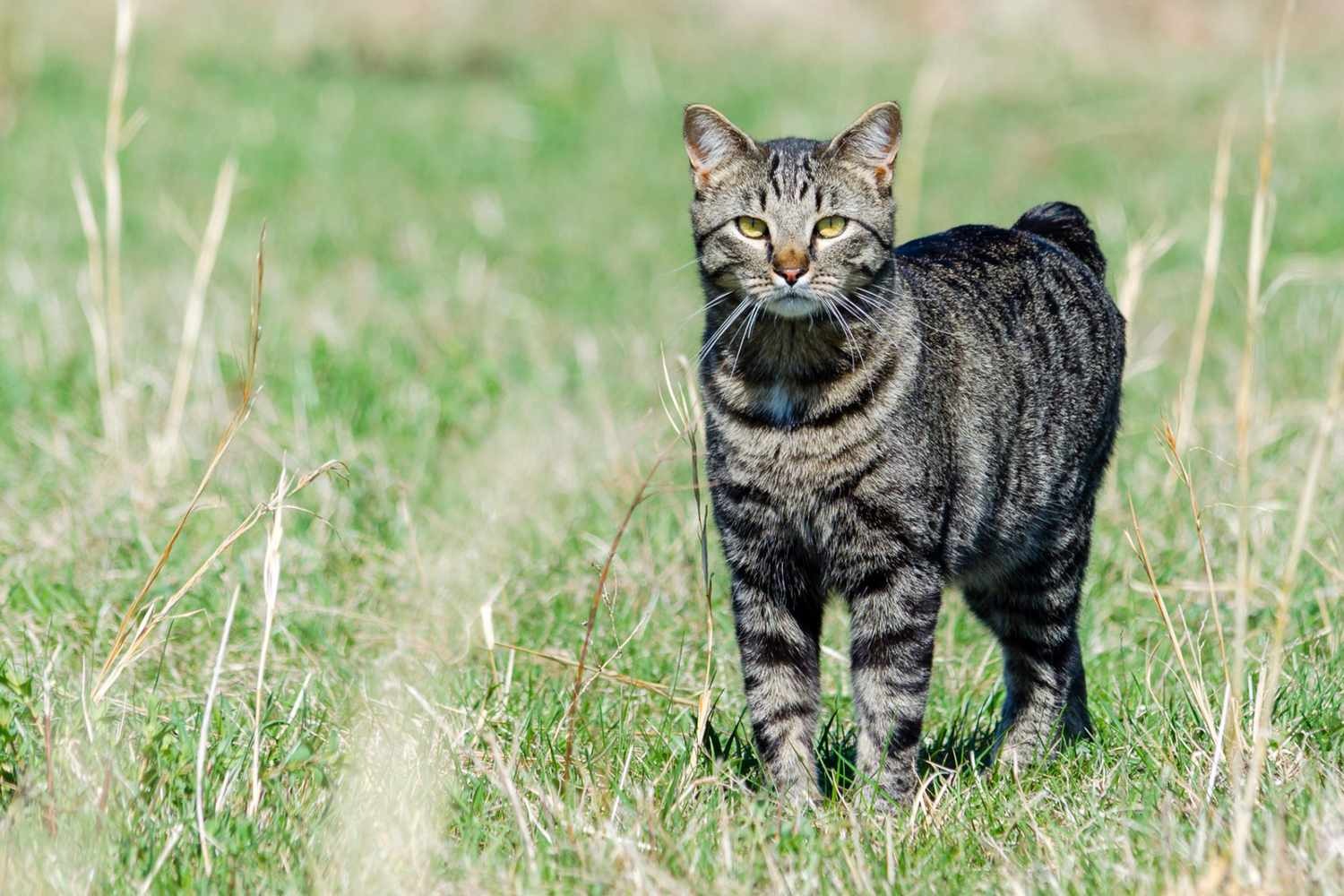
Manx cats are renowned for their friendly, affectionate, and playful nature. They form strong bonds with their human companions and enjoy being involved in all household activities. Manx cats are intelligent and curious, often displaying dog-like behaviors such as fetching toys or greeting their owners at the door.
Despite their playful demeanor, Manx cats also have a gentle and laid-back side, making them excellent lap cats and cuddle buddies. They get along well with children and other pets, including dogs, and are known for their adaptability to various living environments.
Training and Socialization
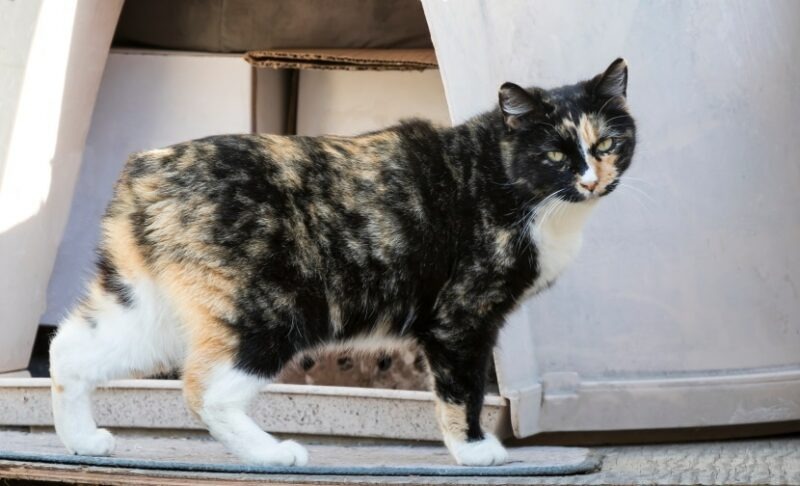
Training a Manx cat is a rewarding experience due to their intelligence and eagerness to please their owners. They respond well to positive reinforcement techniques, such as treats, praise, and clicker training, and can learn a variety of tricks and commands.
Early socialization is essential for Manx kittens to ensure they grow up to be well-adjusted and confident cats. Exposing them to different people, environments, and stimuli from a young age will help prevent fearfulness or aggression later in life.
Nutrition
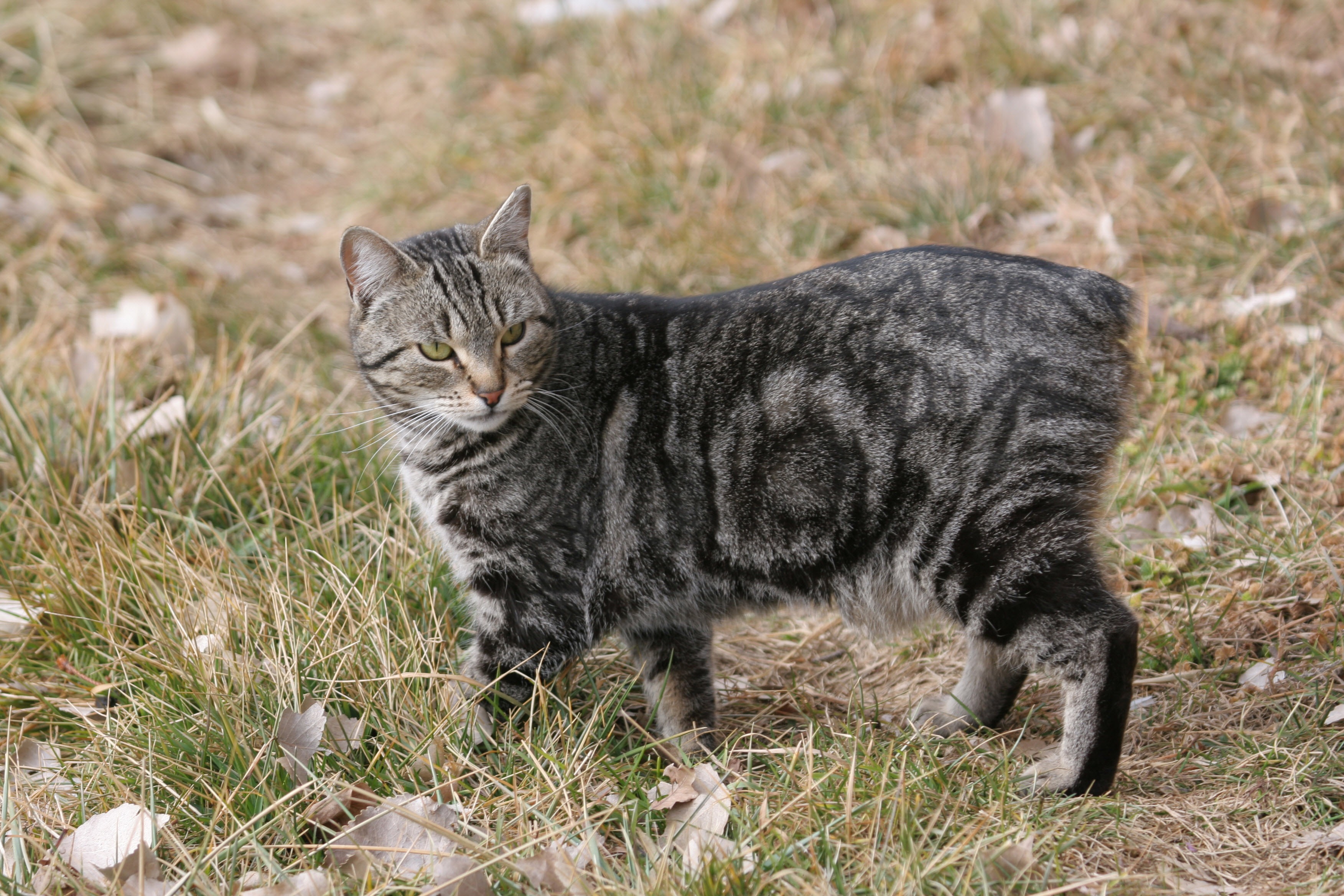
A well-balanced diet is crucial for maintaining the health and vitality of a Manx cat. Choose a high-quality cat food formulated for their age, size, and activity level, with a balance of protein, fat, carbohydrates, vitamins, and minerals. Avoid overfeeding and monitor their calorie intake to prevent obesity, as Manx cats may be prone to weight gain if not exercised adequately.
Fresh water should be available at all times to keep your Manx cat hydrated, especially if they consume a dry food diet. Treats can be given in moderation as rewards during training sessions, but avoid feeding excessive treats or table scraps, as this can lead to nutritional imbalances and weight issues.
Suitable Environment
Manx cats are adaptable to various living environments, including apartments, suburban homes, or rural settings. They thrive in homes where they receive plenty of love, attention, and mental stimulation from their owners.
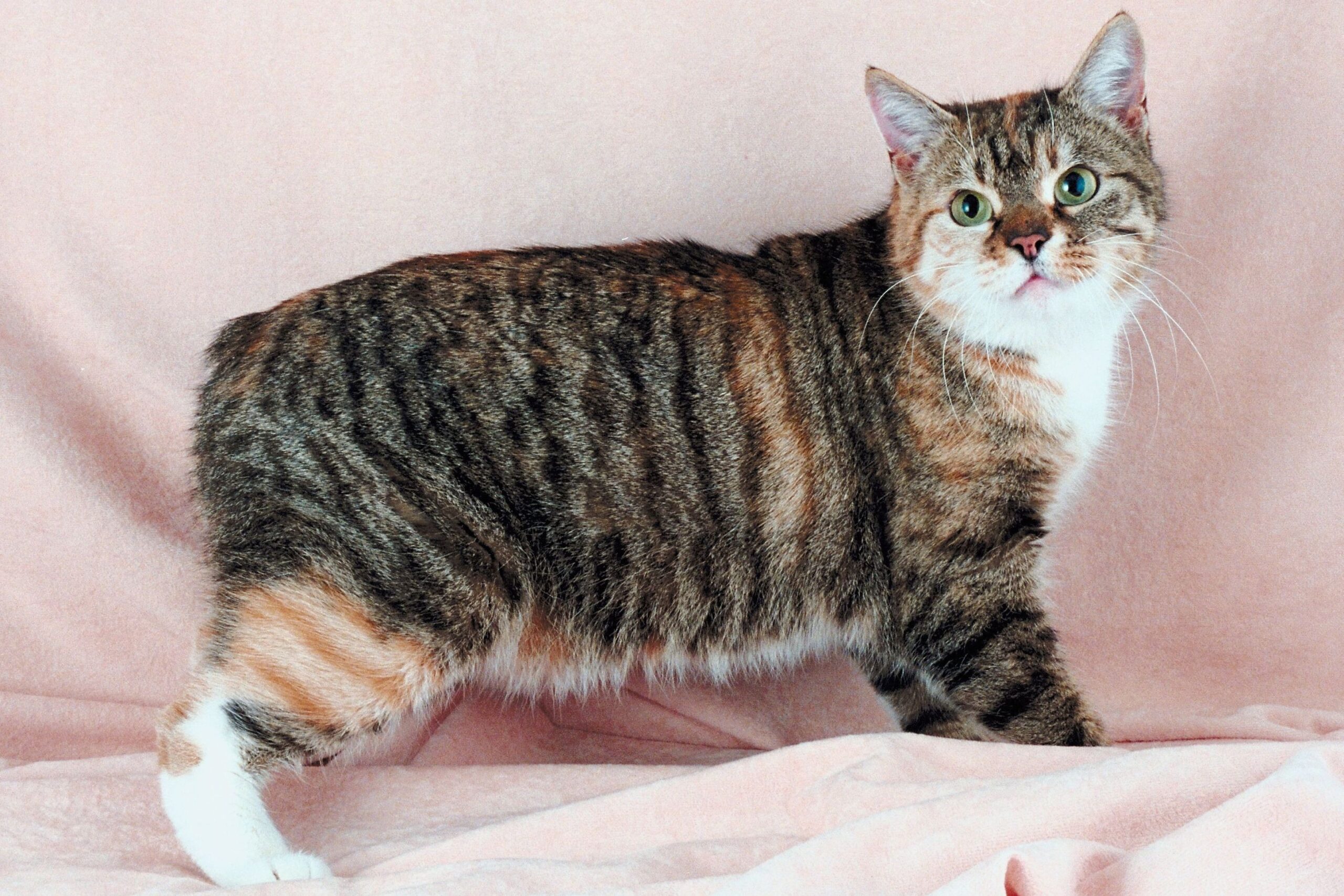
While Manx cats enjoy indoor living, they also benefit from access to a safe outdoor space where they can explore and engage in natural behaviors, such as climbing, hunting, and sunbathing. However, it’s essential to provide a secure outdoor enclosure or supervise outdoor excursions to ensure their safety.
Frequently Asked Questions
Why do Manx cats not have tails?
The exact reason for the Manx cat’s taillessness or short tail is not fully understood, but it is believed to be due to a spontaneous genetic mutation that occurred centuries ago on the Isle of Man. This mutation may have been naturally selected for due to its advantageousness in the island’s rugged environment.
Are Manx cats more prone to health problems due to their lack of tails?
Manx cats may be prone to certain health issues, including Manx syndrome, which can result from the breed’s unique spinal structure. Responsible breeding practices can help minimize the risk of Manx syndrome by selecting for healthy breeding stock.
Are Manx cats good with children?
Yes, Manx cats are known for their friendly and sociable nature, making them excellent companions for families with children. They enjoy interactive play and are typically patient and tolerant of children’s behavior.
Do Manx cats need special care due to their lack of tails?
Manx cats do not require special care due to their taillessness or short tail. However, it’s essential to monitor them for any signs of spinal abnormalities or mobility issues, particularly if they exhibit symptoms such as difficulty walking or using the litter box.
Are Manx cats hypoallergenic?
While no cat breed is completely hypoallergenic, some individuals with allergies may tolerate Manx cats better than other breeds due to their shorter coat and lower dander production. However, it ultimately depends on the individual’s sensitivity to cat allergens.
Are Manx cats vocal?
Manx cats are not known to be excessively vocal, but they may communicate with their owners through a range of sounds, including chirps, trills, and meows. Each cat has its own unique vocalizations to express its needs and desires.
Do Manx cats require a lot of grooming?
Manx cats have a dense, plush coat that requires regular grooming to keep it healthy and free of mats. Weekly brushing is usually sufficient for short-haired Manx cats, while long-haired varieties may require more frequent grooming to prevent tangles and mats.
Are Manx cats good hunters?
Manx cats have a strong hunting instinct and are skilled hunters. While they may not have the same agility as cats with longer tails, they are still capable climbers and hunters, often targeting small rodents and birds.
Can Manx cats live with other pets?
Yes, Manx cats are generally sociable and get along well with other pets, including dogs and other cats. Proper introductions and early socialization can help ensure a harmonious relationship between Manx cats and other pets in the household.
